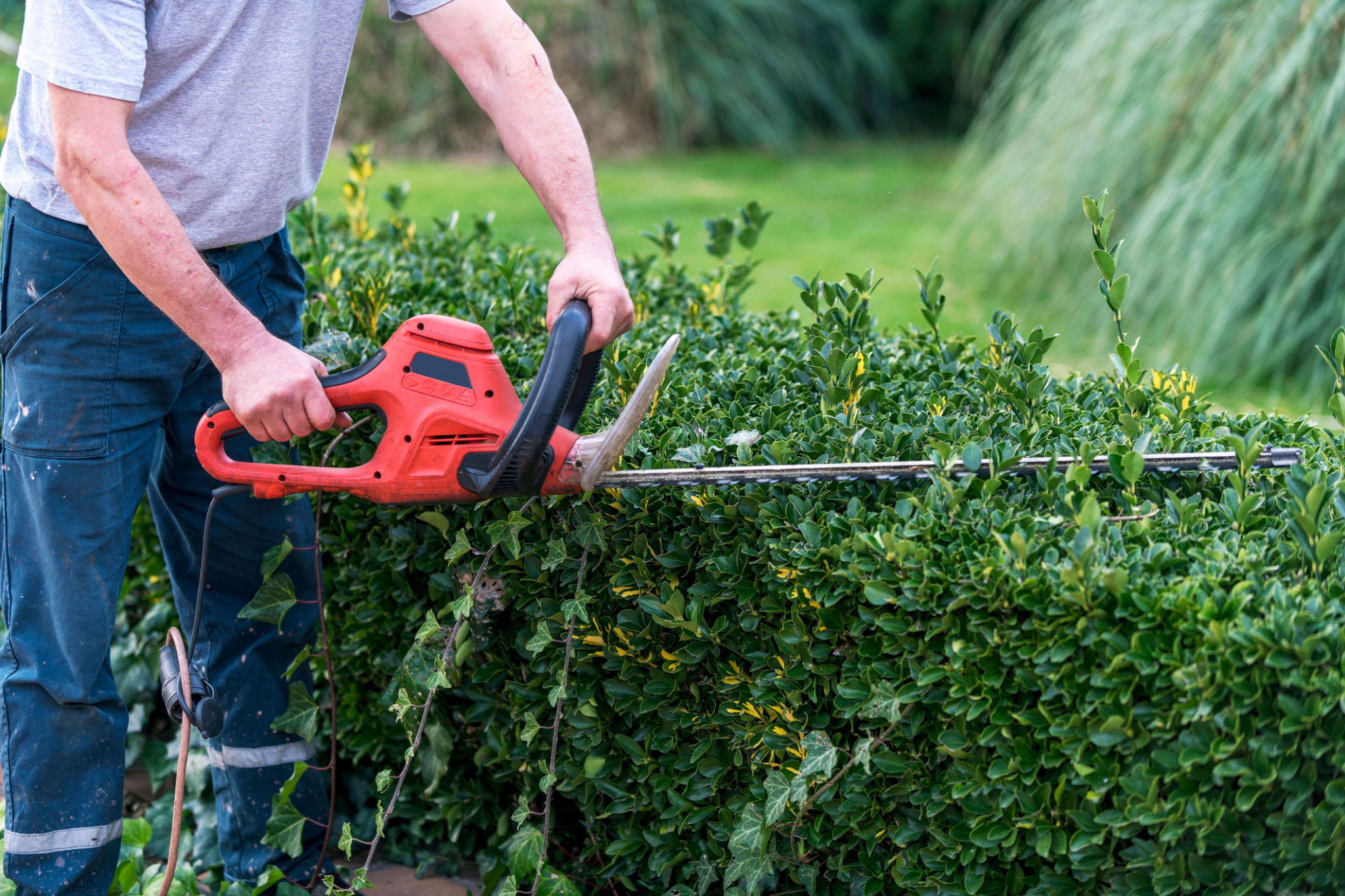DIY Electrical Projects: What You Can Do and When to Call a Professional
Understanding DIY Electrical Projects
Diving into DIY electrical projects can be both rewarding and cost-effective. From simple tasks like changing a light switch to more complex ones like installing a ceiling fan, the allure of tackling electrical work yourself is tempting. However, it's crucial to understand your limits to ensure safety and compliance with local regulations.

Basic Electrical Tasks You Can Handle
There are several electrical tasks that homeowners can safely manage on their own. These include:
- Replacing light bulbs: One of the simplest tasks, requiring minimal tools and time.
- Installing dimmer switches: A straightforward upgrade that can enhance the ambiance of your living space.
- Changing wall plates: An easy way to refresh the look of your rooms without diving into complex wiring.
For these projects, always ensure the power is turned off at the breaker box before starting any work to avoid accidents.
Tools You Might Need
Tackling small electrical projects requires having the right tools on hand. Some essential tools include:
- Voltage tester: To ensure circuits are not live.
- Wire cutters and strippers: For handling wires safely.
- Screwdrivers: A variety of sizes to fit different types of screws.
Equipping yourself with these tools can make your DIY projects smoother and safer.

When to Call a Professional
While DIY projects can be enjoyable, certain tasks should be left to licensed electricians. Here are some scenarios where it's best to seek professional help:
- Rewiring a home: This complex task requires a deep understanding of electrical systems and code compliance.
- Installing new circuits: A professional will ensure that your home's electrical load is balanced and safe.
- Repairing faulty wiring: This can pose significant safety risks if not handled correctly.
The Importance of Safety
Safety should always be your top priority when dealing with electrical work. Incorrectly wired circuits can lead to serious hazards such as fires or electrical shocks. Always use personal protective equipment like insulated gloves and goggles, and never hesitate to consult a professional if you're unsure about any aspect of your project.

Understanding Local Codes and Permits
Every region has specific building codes related to electrical work. Before starting any project, check with your local building department to understand what permits might be necessary. Compliance with these codes is not only a legal requirement but also ensures the safety and longevity of your electrical installations.
In conclusion, while there are many electrical projects you can tackle on your own, knowing when to call in a professional is key to maintaining a safe and efficient home. Balancing DIY enthusiasm with professional expertise creates a harmonious and secure living environment.
